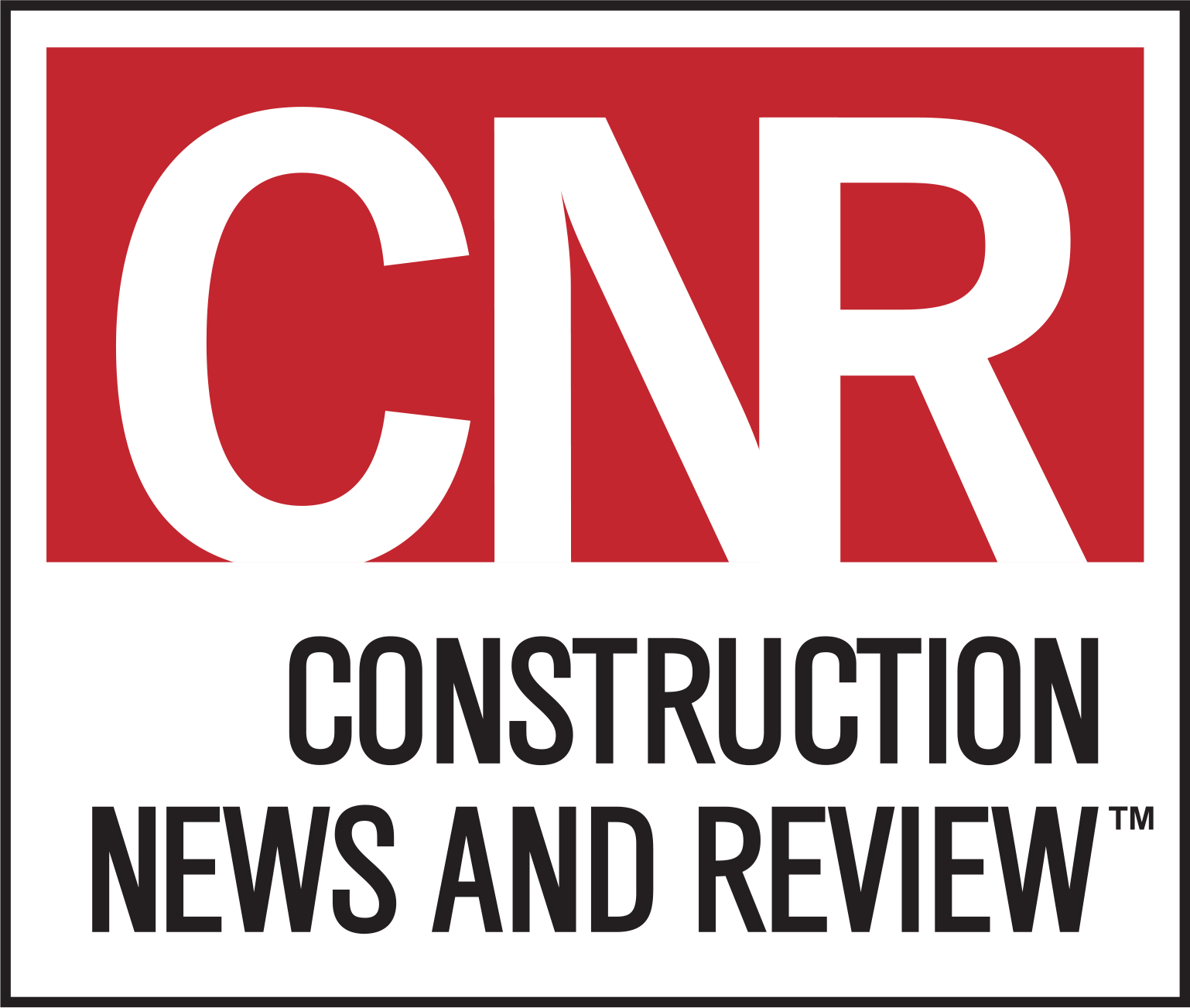Dept. of Energy Allocating $90 Million to Improve Building Efficiency
| WASHINGTON, D.C. – As part of President Biden’s Investing in America agenda, the U.S. Dept. of Energy on March 4 announced $90 million in funding to support building energy code adoption, training and technical assistance at the state and local level.
The funding, which is the second installment in a $225 million program established by the Bipartisan Infrastructure Law, continues historic investment into state agencies, communities and programs to successfully implement modern building codes. DOE estimates that from 2010 through 2040, energy codes will have saved homes and businesses $182 billion on utility bills and prevented as much carbon dioxide from reaching the atmosphere as that of 187 million gasoline-powered cars annually. Accelerating modern energy code adoption is a key component of the Investing in America agenda to lower energy costs for working families, make communities more resilient to climate change-fueled extreme weather events and achieve the nation’s ambitious clean energy and climate goals. “Homes built with current energy codes are nearly 40 percent more efficient than those built just a few years ago, saving working families hundreds of dollars per year on their energy bills,” said U.S. Secretary of Energy Jennifer M. Granholm. “Thanks to the Investing in America agenda, DOE is helping state and local governments move further and faster in implementing stronger codes to improve energy efficiency and slash harmful, planet-warming pollutants from the places we call home.” Building codes – and in particular building energy codes – have a significant impact on building resilience and occupant safety, helping increase the amount of time people can shelter in place during and following extreme weather and power outages, including extreme heat and cold events that are increasing in severity and frequency as a result of climate change. Energy codes improve grid reliability, shelter-in-place capabilities, reduce mortality and reduce property damage during extended period of power outages. Funds awarded under the Resilient and Efficient Codes Implementation initiative will go to states, Tribal governments and partner organizations to support the adoption and implementation of building energy codes and develop related technical assistance. Building energy codes establish energy efficiency standards for new buildings, additions and major renovations in residential and commercial buildings. These codes are some of the most effective ways to improve energy efficiency, save consumers money and reduce climate impacts. Building energy codes also ensure buildings are healthier, safer and more resilient. The energy code is a critical component of the broader collection of modern building codes, which include provisions for fire, structural, mechanical and plumbing systems that save lives, reduce property damage and lower utility bills. DOE’s actions on March 4 aim to spur adoption of energy codes nationwide, in support of administration’s National Initiative to Advance Building Codes, which aims to boost energy efficiency and make communities more resilient to hurricanes, flooding, wildfires and other extreme weather events. |
Fresh Content
Direct to Your Inbox

YOUR CONSTRUCTION VOICE IN ST. LOUIS AND BEYOND
Join CNR Magazine today as a Content Partner
As a CNR Content Partner, CNR Magazine promises to support you as you build, design and engineer projects not only in and around St. Louis, but also across the U.S. CNR is equipped and ready to deliver a dynamic digital experience paired with the top-notch, robust print coverage for which you’ve always known and respected the magazine.






